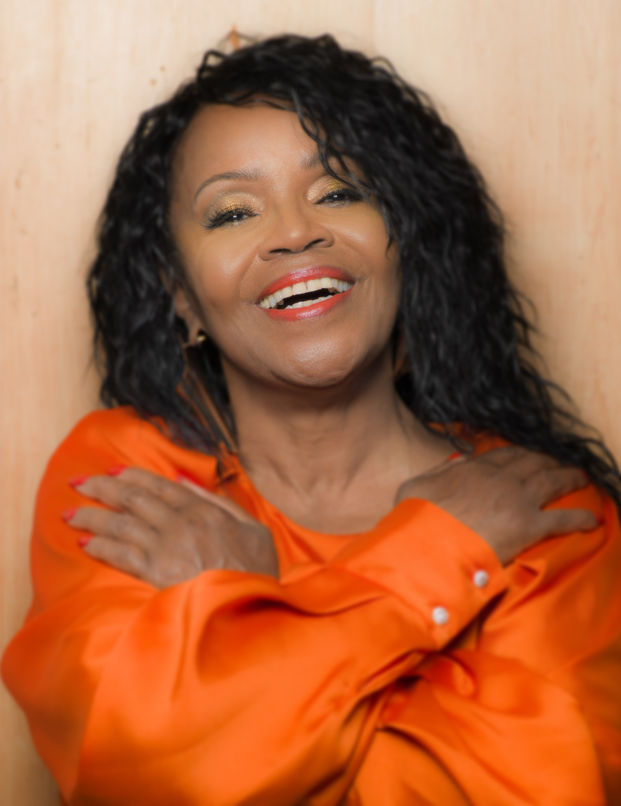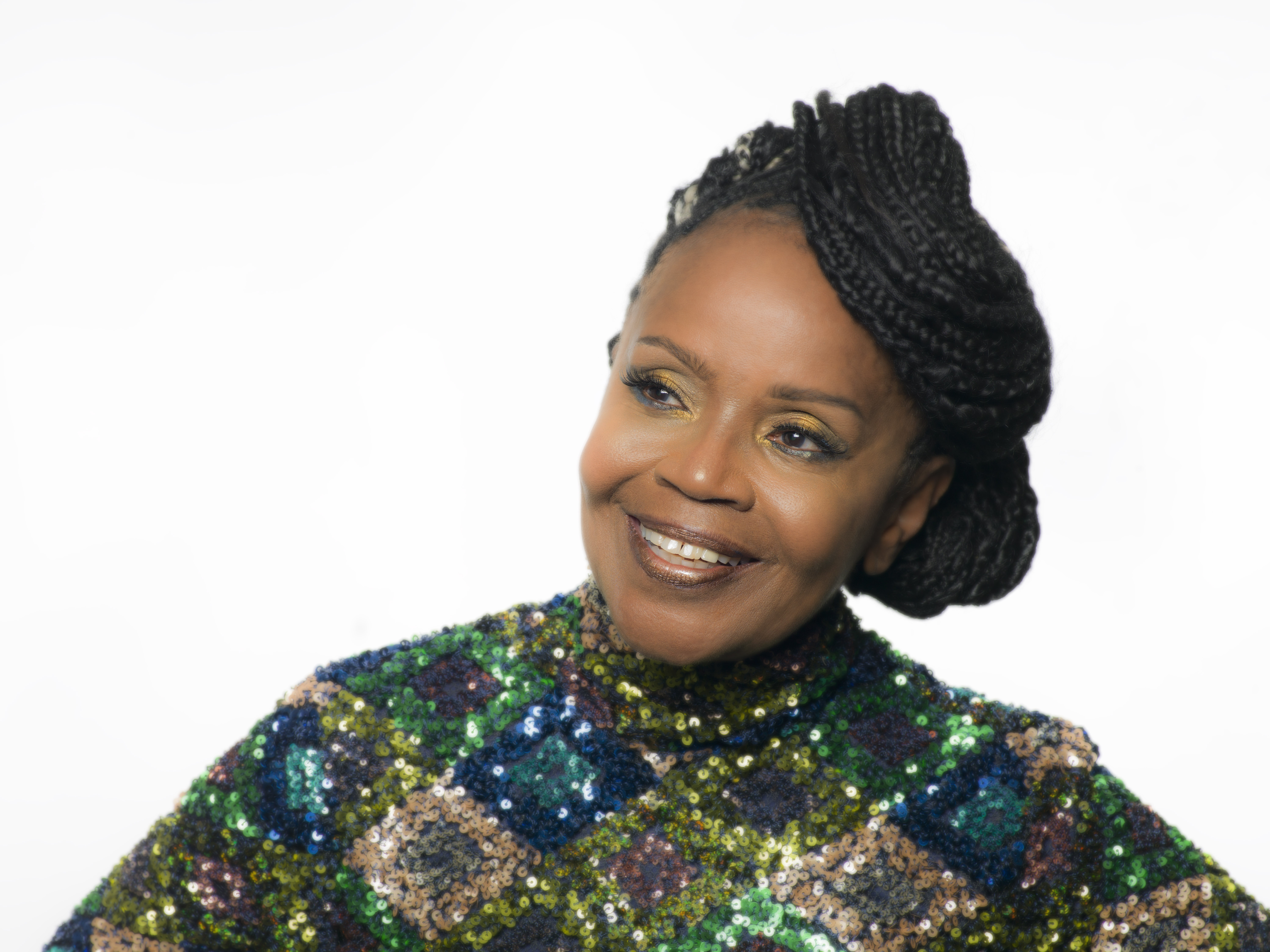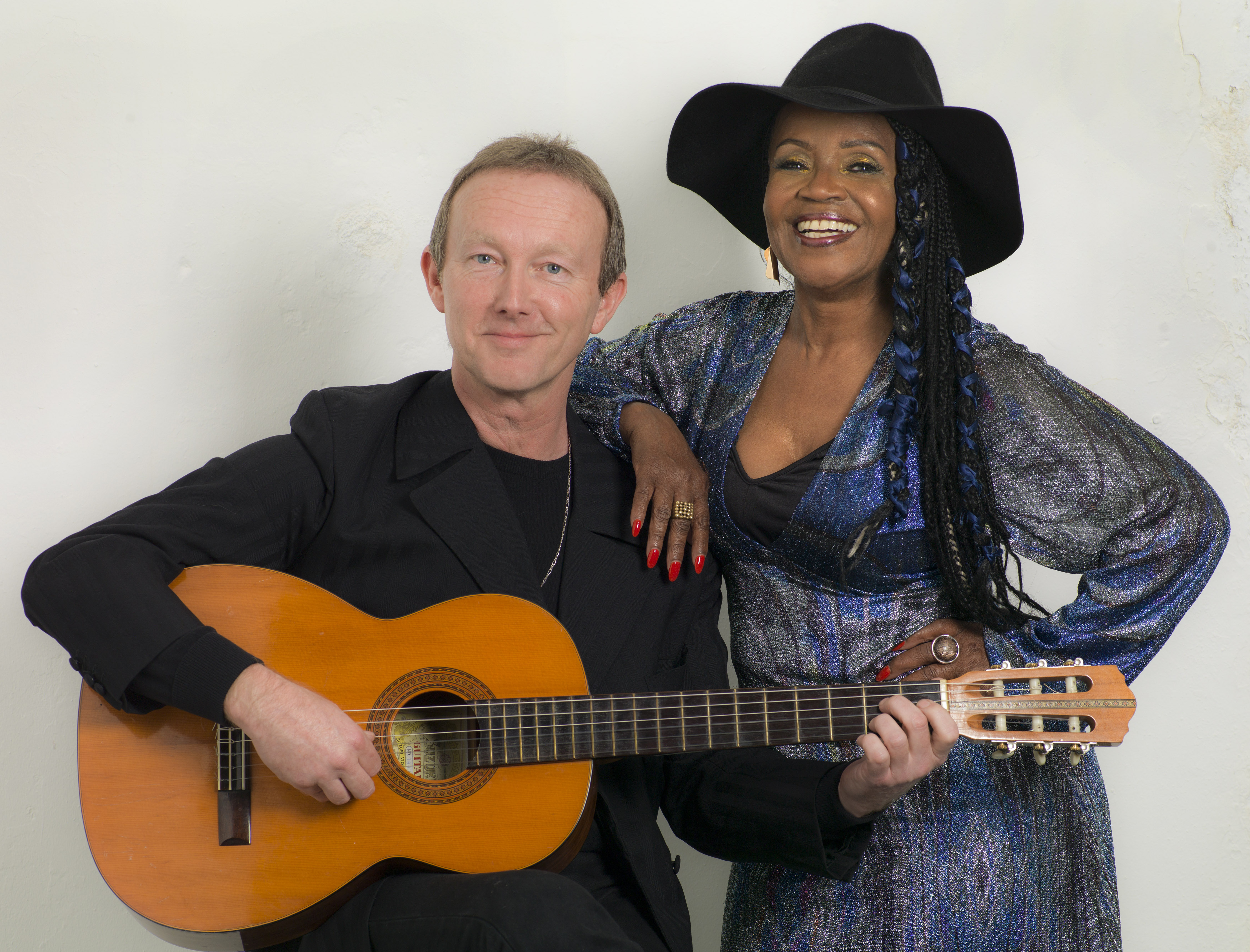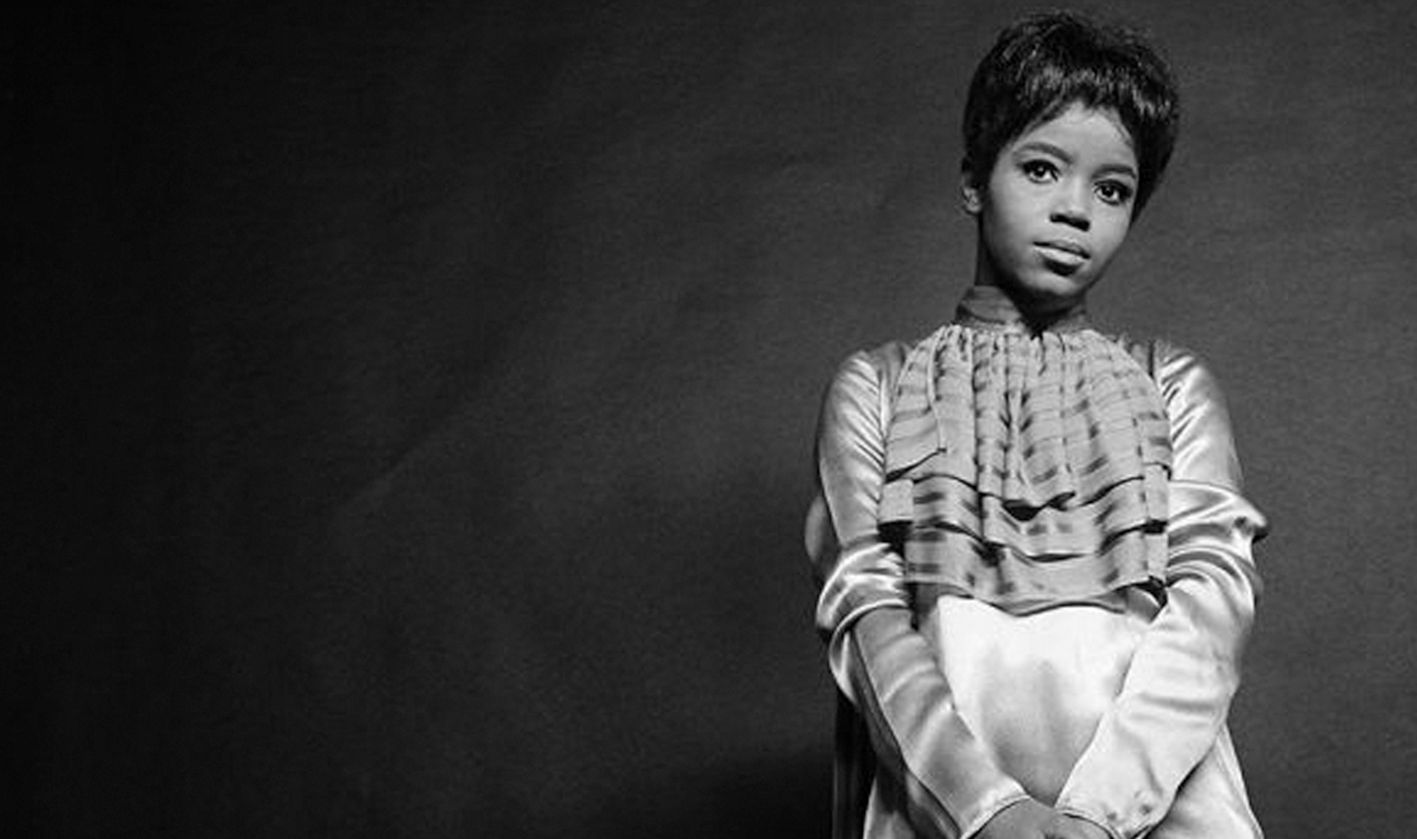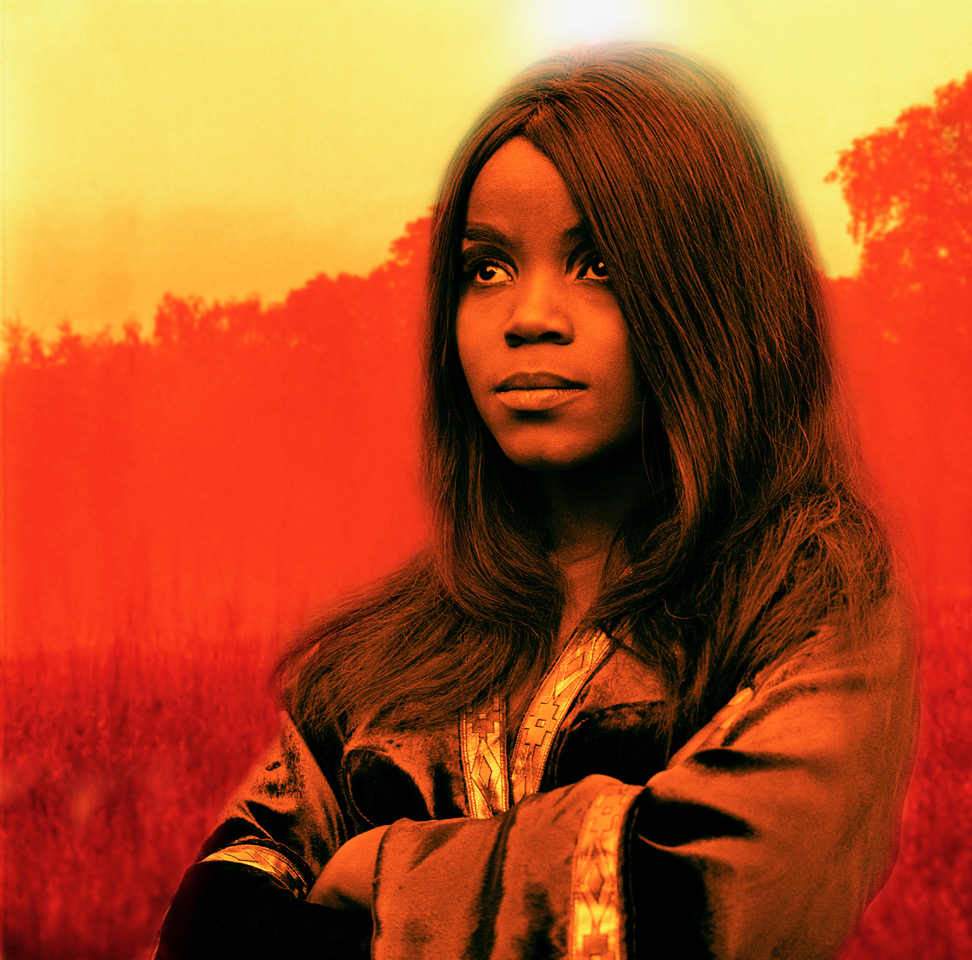It’s been five decades since P.P Arnold made her mark on the music scene with the timeless hit, The First Cut Is The Deepest. A shy girl with no ambition to become a star, a young P.P escaped an abusive teen marriage by coming to the UK in the ‘60s to begin what would become her incredible recording career. However, with the highs came the lows: suffering the loss of her young daughter in a car accident, getting ripped off and dropped by labels, and surviving a serious car accident which left her unable to walk – all the while navigating what was very much a man’s world. This year sees the self-professed “glam-ma” return to the charts with new album, The New Adventures Of… P.P. Arnold. Headliner meets the legendary soul singer in London, where she describes her experiences during the civil rights movement, how Tina Turner helped her escape her abusive partner, why a Bee Gees feud derailed her career more than once, and how Mick Jagger and Jimi Hendrix brought her out of her shell.
“Call me Pat, or glam-ma!” says P.P Arnold, welcoming Headliner into a trendy Scandinavian cafe in London, where she immediately invites me to share her pastries. Speaking in her honey-dipped, musical voice and relaying her stories with ease, aside from a rather fabulous jacket, there is not a hint of diva about Arnold.
Dressed all in black and flashing freshly manicured baby blue nails and a warm smile, despite only being 5ft 4 myself, Arnold makes me feel tall. Far from going through the motions (Headliner can only imagine how many times P.P has been asked to summarise her life story) – Arnold is nothing but happy to be here, her eyes twinkling at the memories she shares. A great impressionist, the soul singer laughs often, and never forgets a name – remembering every producer or songwriter she’s ever worked with.
Having just released her long overdue new album, The New Adventures Of… P.P. Arnold, featuring contributions from Paul Weller, Ocean Colour Scene’s Steve Cradock, The Specials, and her songwriter son, Kodzo, Arnold is appreciative that people have responded so well to her new release:
“I’m just humbled that the album is doing so well, and by the way it has been received by the media. Steve [Cradock] and I are really just over the moon because this is really just the beginning. You never know [how it will be received] – it’s the music industry, so you never know. I’ve done a lot of music and things through the years that haven’t been released. You don’t think about it, but you put your heart and soul into a project, and if it’s not received well, or if you can’t get a deal, it’s really quite devastating, really.”
The New Adventures Of… P.P. Arnold was recorded and produced by Cradock (a huge P.P fan) at his Kundalini Studio in Devon, and follows on from the singer’s two ‘60s solo albums on Immediate Records, The First Lady Of Immediate, and Kafunta, as well as a more recent compilation of previously unreleased material from the late ’60s and ’70s, The Turning Tide, which was finally released in 2017.
“Turning Tide was recorded between 1968 and 1970 was produced by Barry Gibb and Eric Clapton, and that music was the next stage in my development. If that record hadn't been released, maybe my story would have been totally different, because I got really lost when that happened.”
How so?
“When [Turning Tide] wasn’t released in the ‘70s, everything changed – it was the beginning of the English invasion in America, and I was without a label or management, but I was still carrying on independently. Then I went to America to record with my younger son’s father, Fuzzy Samuel, who was the bass player with Nash & Young. We went there to do a record and everything went wrong. Even though I’m from America, I spent the majority of my adult life here in the U.K, [evidenced by her saying ‘petrol station’ and ‘toilet’ over ‘gas station’ and ‘bathroom’] and my kids grew up here.”
